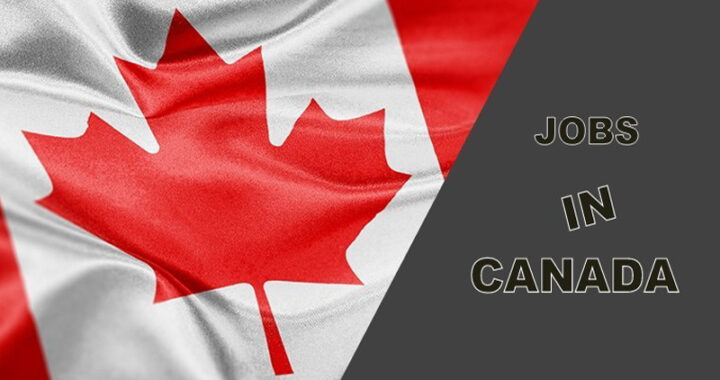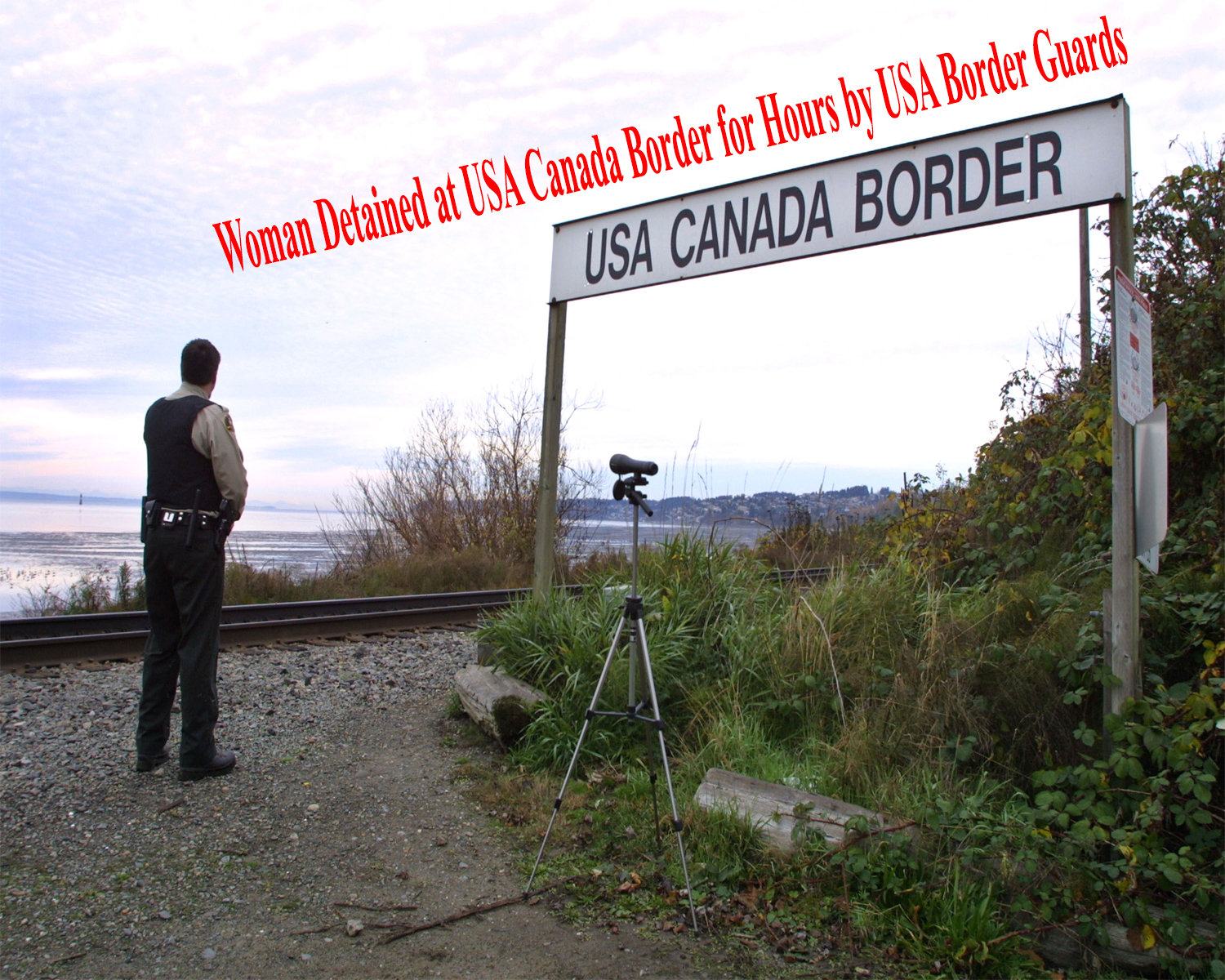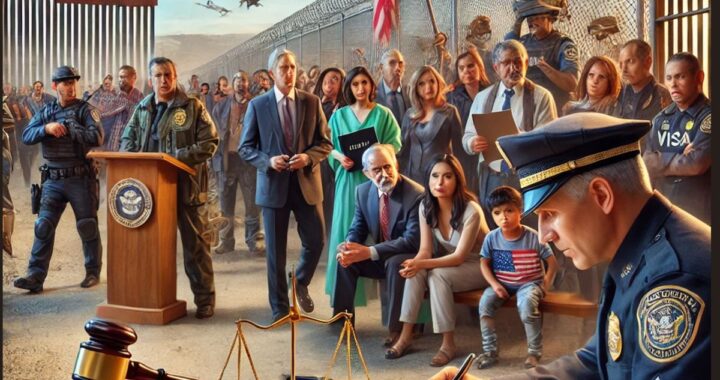Sri Lanka government, rebel talks collapse over highway issue
Colombo — Face-to-face talks between the Sri Lankan government and the Liberation Tigers of Tamil Eelam (LTTE) rebels in Geneva over the weekend have failed due to the issue of opening a highway, the government said Monday.
Health Minister Nimal Siripala De Silva, who led the government delegation at the two-day talks, was quoted by the state radio Sri Lanka Broadcasting Corporation as saying that the LTTE maintained a rigid position on the issue of opening the A9 highway.
“We told the LTTE that the road closure was a temporary measure and it was in no way connected to the humanitarian supplies issue raised by the Tigers,” De Silva told the radio.
The LTTE made the opening of the A9 highway between the northern Jaffna peninsula and the central town of Kandy as the main issue of the talks.
Their position was that continued closure of the highway had denied civilian access to the peninsula and cut off humanitarian supplies such as food and medicine.
The A9 highway was closed with the outbreak of hostilities in the Jaffna peninsula on Aug 11.
But De Silva said that government has effectively used the sea route available in sending essential supplies via ship from Colombo and accused the Tigers of even targeting such vessels.
De Silva said: “The talks were not successful and we were not able to agree for further talks.”
The Geneva talks, the first direct talks between the warring parties for eight months came after an upsurge of violence that had accounted for more than 3,000 lives since the end of 2005.
The international community urged the two sides to give up violence and sit down in order to further the Norwegian backed truce, which is very much in tatters.
The two sides clashed with the agenda for talks — the government insisting that the core political issues to the separatist armed conflict be looked at as opposed to the LTTE stance on the opening of the A9 highway and humanitarian supplies to the north.
More than 64,000 people were killed in the island’s armed ethnic conflict between the mid-1980s and February 2002 when the Norwegians brokered a ceasefire.

 Get To Know Everything About Canadian Experience Class immigration
Get To Know Everything About Canadian Experience Class immigration  How To Find Perfect Professional Contacts For Getting Jobs in Canada?
How To Find Perfect Professional Contacts For Getting Jobs in Canada?  You can’t miss this News, if Eyeing for Canadian Permanent Residency
You can’t miss this News, if Eyeing for Canadian Permanent Residency  A Canadian Woman was Detained by U.S. Border Guards for 5 hours!
A Canadian Woman was Detained by U.S. Border Guards for 5 hours!  Canadian Trucking Alliance Calls the Canadian Government to safeguard the immigrant Truck Drivers Rights
Canadian Trucking Alliance Calls the Canadian Government to safeguard the immigrant Truck Drivers Rights  What actions by Trump Government are in store for illegal immigrants in US? What are Challenges to deport illegal immigrants from US?
What actions by Trump Government are in store for illegal immigrants in US? What are Challenges to deport illegal immigrants from US?  Recent Changes to Canada’s Work Permit Rules and its impact on Immigrants from India
Recent Changes to Canada’s Work Permit Rules and its impact on Immigrants from India  Applications for UK Immigration witness major decline as the Immigration Laws undergo significant changes
Applications for UK Immigration witness major decline as the Immigration Laws undergo significant changes  What are changes in Canada Start up Visa Program and Self-Employed Persons Program. How would it affect the potential immigrants to Canada?
What are changes in Canada Start up Visa Program and Self-Employed Persons Program. How would it affect the potential immigrants to Canada?